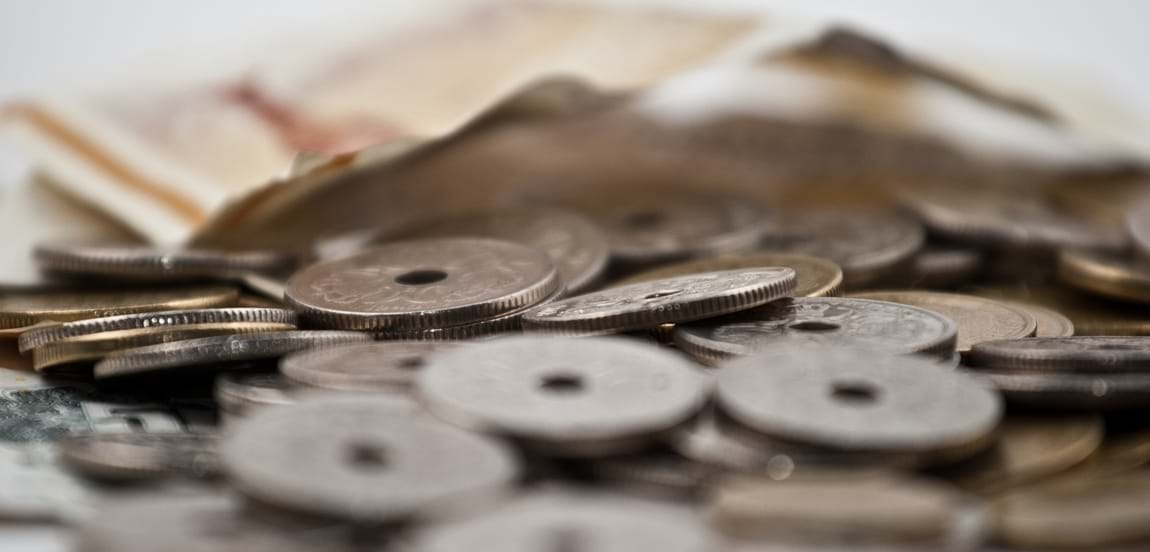Denmark is ill-equipped for new crisis
If the global economy collapses, Denmark will have very little financial firepower to draw upon, shows new DI analysis. Politicians ought to consider how to increase the fiscal room for manoeuvre, says DI director.
It’s economy for dummies. Sooner or later the financial crisis will come. Fortunately, it’s rare that crises are as severe and long-lasting as the 2008 financial crisis. But sooner or later, the economy will turn. That is why Danish politicians must already now ensure sufficient funds to kickstart the economy when the crash comes.
That is the conclusion of a new analysis from the Confederation of Danish Industry (DI), which examines how prepared Denmark is for a new financial crisis.
“Fact is that the government has significantly fewer options for tackling an economic recession than it did when the financial crisis hit Denmark,” says Director at DI Kent Damsgaard and adds:
“Reforms and growth initiatives after the financial crisis have strengthened Denmark’s economy, prosperity and employment, so that we in many ways have a far healthier economy today. But in terms of having money in the public purse to stimulate the economy during recessions – there, we’re ill-equipped. And given that interest rates are already negative, Danes should not count on further rate cuts.”
Kent Damsgaard’s message to politicians is clear:
“I urge politicians to consider how to increase fiscal leeway now, while times are still good. It is while the economy is doing well that we must prepare for hard times. Not least because we’re in a historic situation where monetary policy instruments are used up with interest rates at rock bottom six years into a European upswing.”
Read the entire analysis here (in Danish)
Lower interest rates help boost economy
DI’s analysis shows that the fall in interest rates following the financial crisis has boosted economic activity by approximately nine per cent. This means that without the low interest rates, today Denmark would have a GDP that was DKK 185 billion lower and 155,000 fewer people in jobs.
It is unlikely that such a boost to the economy could be repeated if a new financial crisis were to hit – for the simple reason that interest rates are already negative, notes DI.
This leaves politicians with the option of pumping more money into the economy through a more lax monetary policy. But here, too, things are looking bleak, according to DI. There is only a relatively small actual surplus and a small structural deficit – and what is more, the two balances are subject to the EU’s Stability and Growth Act and the Danish Budget Law, which impose strict limits on deficits.
“In short, this means that there isn’t a lot of financial firepower saved up should a new crisis hit. This could potentially have grave consequences, because it is precisely in times of crisis that the economy requires governmental stimulus,” says Director Kent Damsgaard.
He also notes that in connection with the 2008 crisis, it was decided to supplement the traditional fiscal policy by paying out saved up funds through the special pension scheme and Lønmodtagernes Dyrtidsfond. But that money can, for good reason, only be used once.
“In short, the room for manoeuvre in the case of a new crisis or even just a regular recession is extremely narrow. This is regrettable in a situation where we’ve had economic tailwind for the past many years,” he says.
See also: Forecast: Denmark’s economic summertime could quickly cool down

